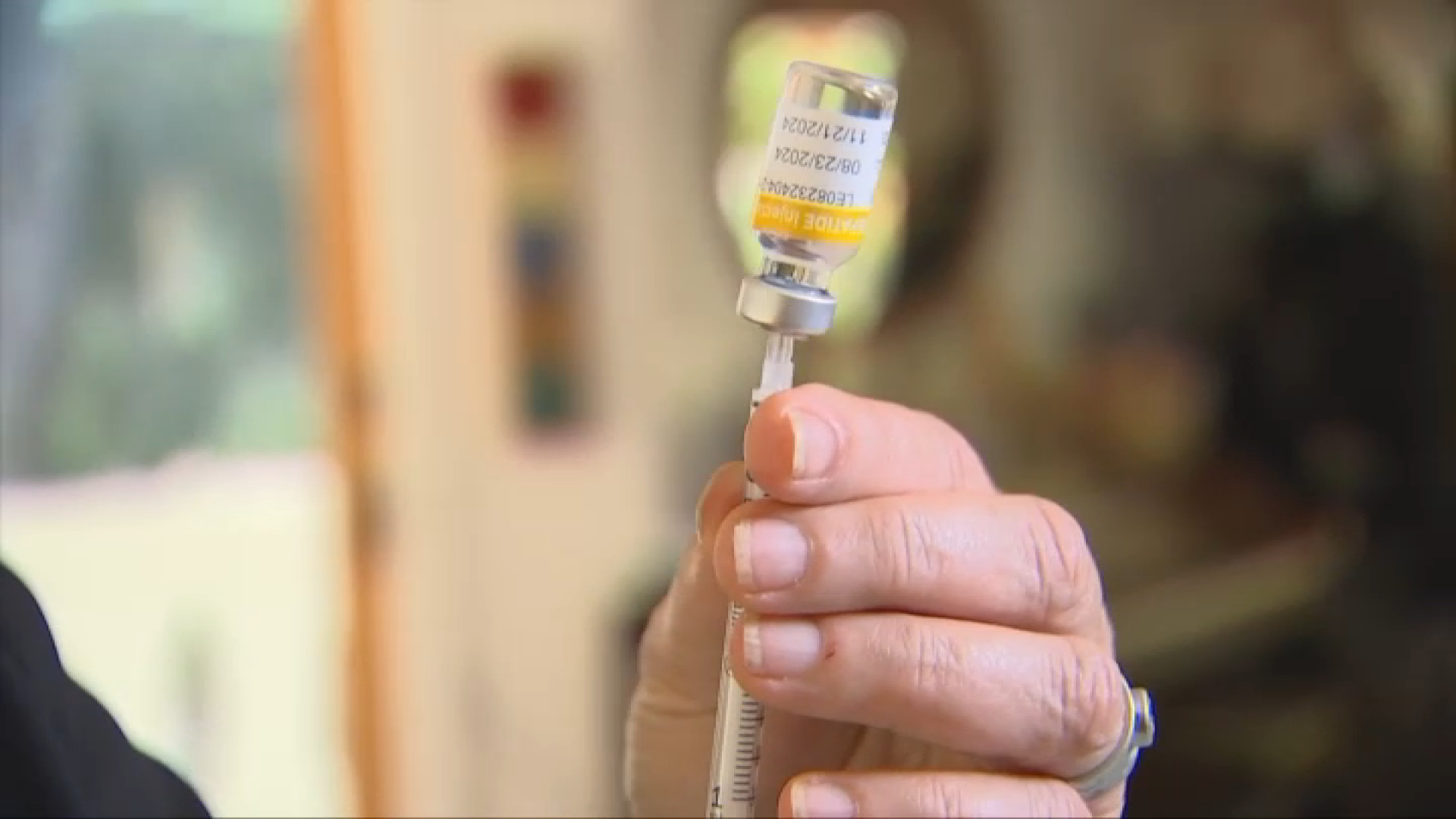At The Experience Christian Ministries in South Park, the conversation between 25 LAPD officers and 25 Black young adults arranged by Pastor Shep Crawford started with a prayer and a push for protest.
Then, Crawford said, “At the end of the day, we have to ask ourselves, ‘What do we do to move forward?’”
He posed the question at a discussion organized with the help of LAPD Sgt. Ronald Kingi with the goal of moving the conversation forward about the relationship between police and the communities they serve.
“It’s a time to get uncomfortable,” Kingi said. The group would have to sit down and be ready for open and honest conversation.
To organize talks, one officer was paired up with a young adult, and every group had a list of questions to ask the other person.
Questions for the LAPD to ask the community might include, “How do you feel when you see police?” while a question for an officer might be, “Do you believe there is a relationship of distrust between the Black community and police?”
Some young people also shared their own personal stories about why they fear the police.
Local
Get Los Angeles's latest local news on crime, entertainment, weather, schools, COVID, cost of living and more. Here's your go-to source for today's LA news.
“He follows me to my house, and I get out of my car, and his first question is, ‘Why are you here?’” one man shared while talking to an officer. “It’s a white police officer. I said, ‘Because this is my house.’”
Some officers shared their training and experiences in the field.
“When you hit the streets, it’s totally different,” an officer said to his conversation partner. He explained how at the police academy, they’re often told that people will be compliant when given instructions.
“When you get out here in the streets, it's not like that, they can react in a totally different way,” he said.
Crawford said he hopes the conversations will stick with both sides after they get up from their seats. That way, the next time officers and the community engage, “They can look at the face, but also see the face that they spoke to here, and also understand where everything is coming from," he said.
They also hope to inspire more police departments in Southern California and across the country to have these one-on-one conversations.
“Really trying to understand each other and your feelings. And at the end, obviously the end game is unification,” Kingi said.



